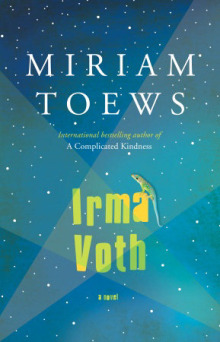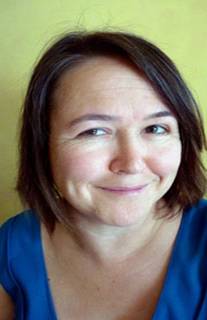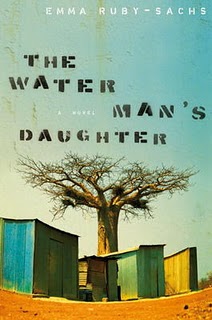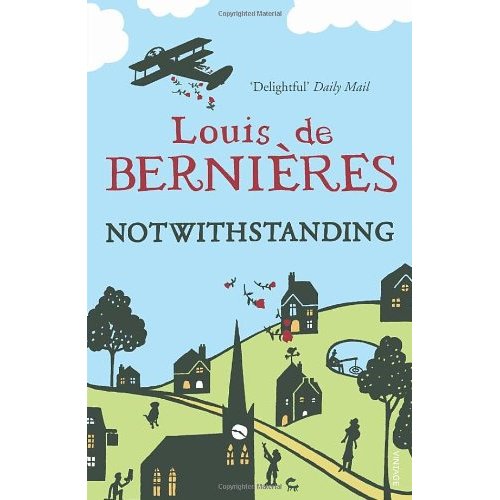Lots of good writing exists in Canada, but there are a couple of authors who stand out for me and Miriam Toews is one of them. Maybe I recognize the Prairie sense of humour, or maybe she’s just really good.
Irma Voth is the quirky protagonist of this novel. She’s 19, married, Mennonite and living in Mexico. The problem is that she married a narco Mexican named Jorge who wants her to leave Campo 6.5, and whether he’s a narco or not, her father disapproves of Mexicans, anyone who leaves the campo, and everything his daughters do or want to do.
Quote: If my dad’s assessment was accurate this place was teeming with narcos, and not just the garden-variety narcos but narcosatanics in search of sensations (like Jorge, allegedly), bored with drinking blood from skulls and poised to bolt for bigger thrills while the rest of us were in it for the long haul, working hard and honestly for very little money, the way God meant for us to be. But I didn’t believe it. I think my uncle got a job selling cars in Canada and Wilf wanted to study the violin and my aunt thought it would be cool to get a prm. But who knows. Maybe they’re a family of drug lords now, throwing bodies out of helicopters and bowling with the heads of double-crossers. That would be my father’s theory.
The reclusively of Irma’s Mennonite community makes for some misunderstandings and confusion when a film crew moves in to make a documentary of the community. Irma, already ostracized from her family, is swept up in the madness of the film and hired as a translator for the lead German actress. Her innocence and curiosity is a virtue and a pesky annoyance to those more worldly. What I like about Toews’ writing is that Irma’s ignorance and questioning is more sound than the seemingly insightful musings of the film director, the lead actress, the film crew and Jorge. Irma gets it, even when she doesn’t.
Irma Voth was a fun read. I recommend it for those seeking some light summer reading.
Also available as ebook.


 Anna Marie Sewell can add Poet Laureate to her impressive list of artistic accomplishments. The writer of poetry, theatre, stories and songs becomes the City of Edmonton’s fourth Poet Laureate on July 1, 2011.
Anna Marie Sewell can add Poet Laureate to her impressive list of artistic accomplishments. The writer of poetry, theatre, stories and songs becomes the City of Edmonton’s fourth Poet Laureate on July 1, 2011.

